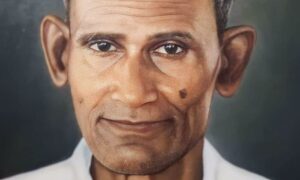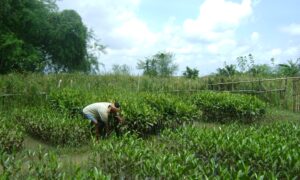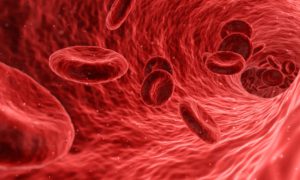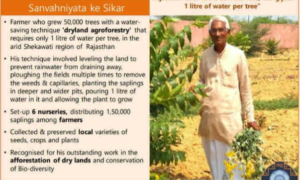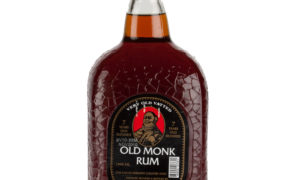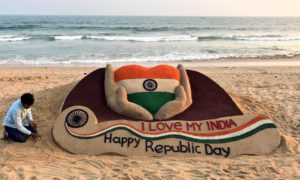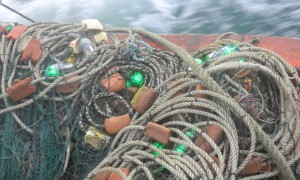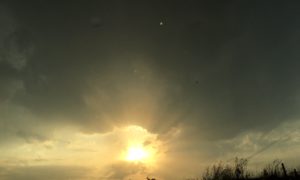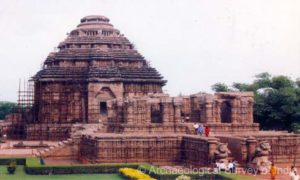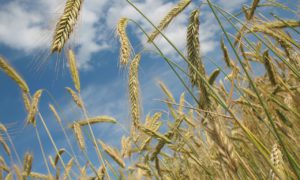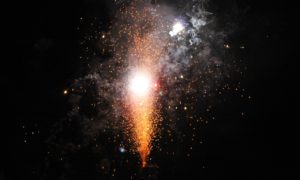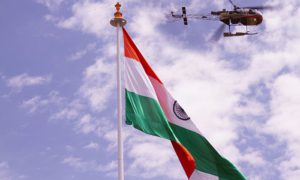Why Balochistan is important in India-Pakistan equation
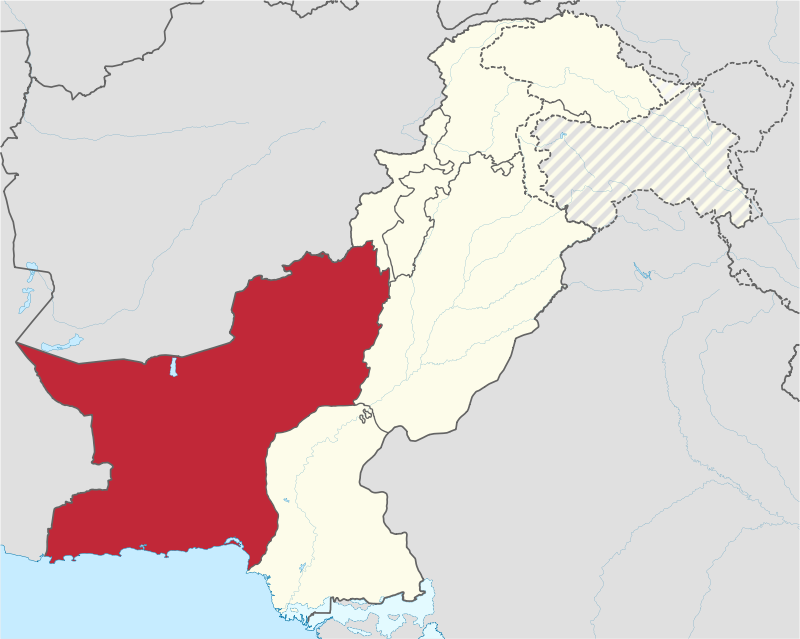
Some experts say it will strengthen India’s position while holding discussions with Pakistan on Kashmir and other issues.

By TUBS [GFDL or CC BY-SA 3.0], via Wikimedia Commons
A day after his speech, two prominent Baloch leaders – Khalil Baloch, chairman of Baloch National Movement, and Brahumdagh Bugti, president of the Baloch Republican Party – lauded Modi for his support to the cause of Baloch people.
While Baloch said that the UN and the international community including USA and Europe should intervene in Balochistan to stop Pakistan’s oppression on Baloch people, Bugti hoped India’s support for oppressed Baloch people should be a part of India’s foreign policy.
Bugti – whose grandfather and top Baloch nationalist leader Nawab Akbar Bugti was killed in an operation by Pakistani Army – went to the extent of saying that India should intervene in Balochistan the way it supported Bengali people of erstwhile East Pakistan (resulting in the creation of independent Bangladesh).
Why is Balochistan taken so seriously and how can the debate on it affect the relations between India and Pakistan?
Here are some interesting things to know about the biggest province of Pakistan where Pakistani hegemony is under threat.
1. Balochistan shares border with Iran to the west, Afghanistan to the north and Arabian Sea to the south. Having an area of 347,190 sq km, it covers over 40% of Pakistan.
But it has a population of just 1.31 crore which is a mere 7% of Pakistan’s total population. The capital city of Balochistan is Quetta.
2. Balochs are the dominant people in the province, while there are other ethnic groups like Pashtuns, Brahuis, Hazras, Sidhis, Punjabis, Uzbeks and Turkmans.
3. During the British Raj, Balochistan was divided into four princely states – Makran, Kharan, Las Bela and Kalat. In 1876, the British brought the princely states under their control through the Treaty of Kalat.
4. After the Independence of India and Pakistan on August 14-15, 1947, the Chief Commissioner’s Province of Balochistan was the first to become a part of Pakistan.
Makran, Kharan, Las Bela and Kalat were annexed to Pakistan a year later to form the present Balochistan.
5. Balochistan is abundant in natural resources and its economy is based on the production of natural gas, oil, coal and other minerals.
There are several ongoing mega infrastructure projects including a deep sea port at the strategic coastal town of Gwadar.
Still, it is one of Pakistan’s most backward regions where a majority of people lack basic amenities like education and healthcare.
6. Since the creation of Pakistan, a large chunk of people in Balochistan had been in favour of either autonomy inside Pakistan or total independence.
Pakistan Army annexed all areas of Balochistan by force by 1948 leading to the sprouting of several Baloch nationalist movements.
The nationalist movement gained ground in the 1960s after Pakistan introduced a new constitution limiting Balochistan’s provincial autonomy.
Separatist groups launched guerrilla attacks on the Pakistan Army from 1963 to 1969 and held their sway over 70,000 sq km area taking control of revenue from gas fields.
The conflict ended momentarily with Pakistan Army cracking down on them but it resurfaced again and gathered strength over the years.
Balochistan Liberation Army has emerged the biggest separatist outfit inflicting heavy losses on Pakistani installations with its fierce attacks.
It has been designated as a terrorist organisation by Pakistan and the United Kingdom.
7. In 2006, in a massive operation, Pakistan Army killed Nawab Akbar Khan Bugti, the tallest Baloch leader of the time, in a massive operation against separatists.
At least 60 Pakistani soldiers and seven officers were also killed during the operation. The brutal killing of the 79-year-old popular leader only fuelled more resistance across Balochistan.
Besides militancy, lakhs of Balochs including women and children have resorted to democratic protest against Pakistani hegemony.
According to reports by human rights organizations, around 20,000 men, women and children have been detained illegally by Pakistan Army, which is also accused of rapes and murder. Thousands have gone missing in the strife-torn province.
In February 2014, BBC reported: “Every disappeared Baloch leads to many more youngsters taking up arms. Every attack on (Pakistani) security forces leads to more disappearance. It is an endless cycle of violence that has gone on for 11 years.”
According to US-based exiled Baloch journalist Malik Siraj Akbar, Pakistan faces serious challenges from Baloch nationalism at the moment.
8. Struggling to curb Baloch resistance, Pakistan has accused India’s external intelligence agency Research and Analysis Wing (RAW) of extending help to the separatists.
In October last year, it claimed to provide ‘evidence’ of Indian involvement in terrorist activities in Balochistan.
In March, Pakistani authorities claimed to arrest a serving Indian Naval officer, who, they alleged, was a covert RAW official helping Baloch militants. India has refuted all these charges.
9. India’s stated position in foreign policy is that it does not interfere in other countries’ internal affairs.
Though Pakistan has openly sought self-determination in Kashmir, India has so far refrained from raising the issue of Pakistan atrocities in Balochistan or Pakistan Occupied Kashmir in international forums.
10. However, strategic experts say, Modi’s Balochistan comments reflect a shift in foreign policy vis-a-vis Pakistan.
Some experts say it will strengthen India’s position while holding discussions with Pakistan on Kashmir and other issues.
But some other fear that Pakistani establishment will intensify the crackdown on Baloch people taking Modi’s comments as a pretext.
After Modi’s comments on August 15, a spokesperson of the Balochistan provincial government told German news broadcaster Deutsche Welle, that it was a “proof” of India “meddling” in (Balochistan).

